
It was a hot summer across many parts of the globe. As we have noted, several U.S. cities recorded their hottest days ever earlier this year.
Fall is on the way, and it soon will offer relief. But summer will return again next year. And when it does, you won’t be the only one feeling the heat.
Hot weather can do a number on your vehicle. Here are some ways that high temperatures can ruin your car.
1. Kills the battery
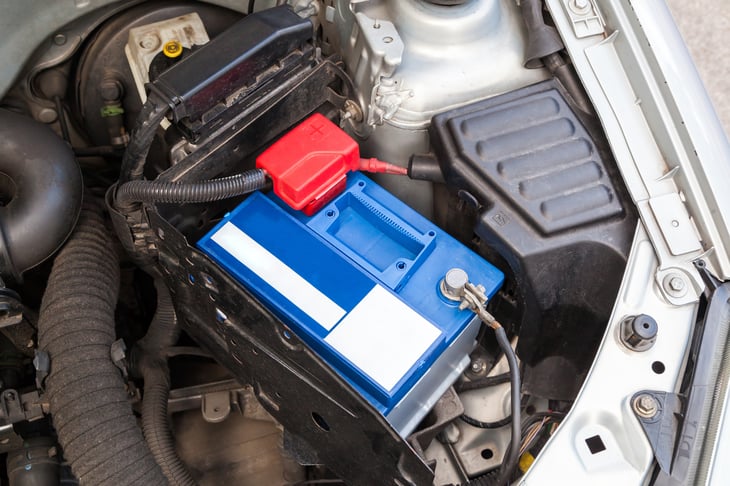
Anyone who has lived in a region with brutal winters knows that cold weather can sap your car battery’s strength. But heat can do the same.
AAA Ohio notes that high temperatures can mess with the chemical processes inside the battery and prevent it from holding a charge. Hot weather also can evaporate battery fluid, which kickstarts the degradation of the battery.
To prevent a breakdown, AAA Ohio suggests having a mechanic run a battery test twice annually.
2. Wilts tires
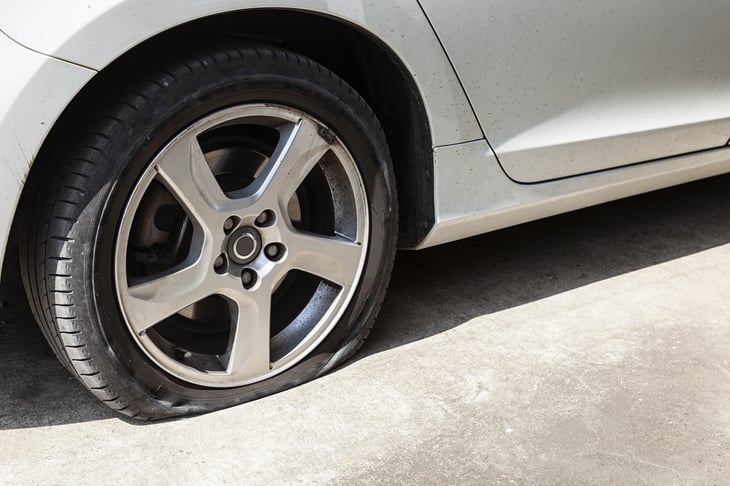
Extreme heat can drop tire pressure, causing tires to overheat and raising the risk of a blowout. Hot road surfaces make the problem worse. Underinflated tires also might wear more unevenly.
So, check tire pressure regularly and replace tires that are wearing thin.
3. Degrades fluids
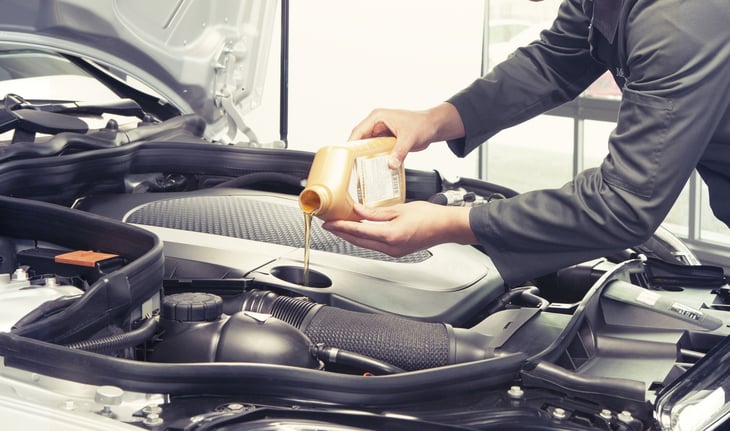
Cars count on several fluids — engine oil, transmission fluid, brake fluid, coolant — to run smoothly. High heat can degrade or evaporate these fluids, which in turn can make your vehicle more vulnerable to damage.
When it’s hot, keep an eye on your fluid levels and make sure to schedule maintenance such as regular oil changes.
4. Fades paint
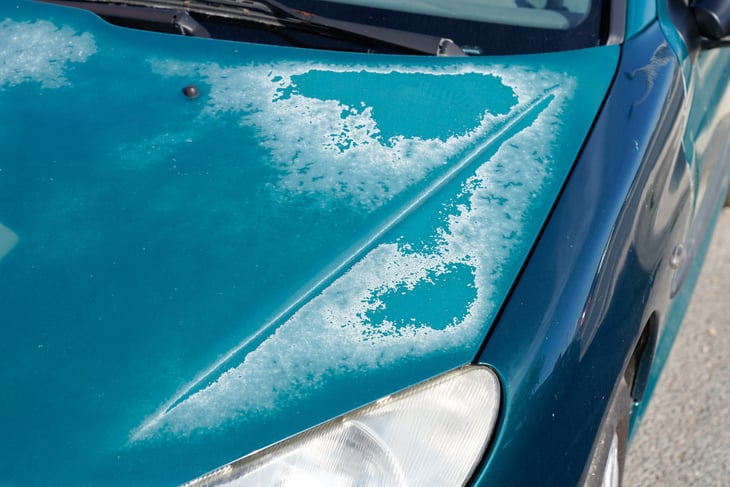
The sun alone can cause paint to both fade and oxidize. High temperatures accelerate this process.
Parking your car in the garage — or even in the shade — can help. Using a car cover also will protect the car’s exterior.
5. Bakes the interior
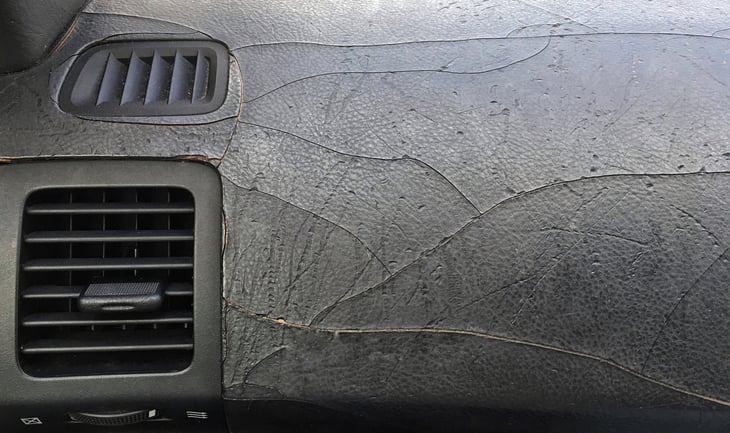
High heat can turn your car’s interior into an oven. In hot weather, it can reach 145 degrees Fahrenheit, and surfaces exposed to direct sunlight can rise to a scorching 195 degrees, according to the State Farm Vehicle Research Facility.
That heat can cause interior surfaces to crack and upholstery to fade. Using a windshield sun protector can help prevent damage, as can installing seat covers. But nothing beats parking your car in places that avoid direct sunlight.
6. Stalls ignition systems
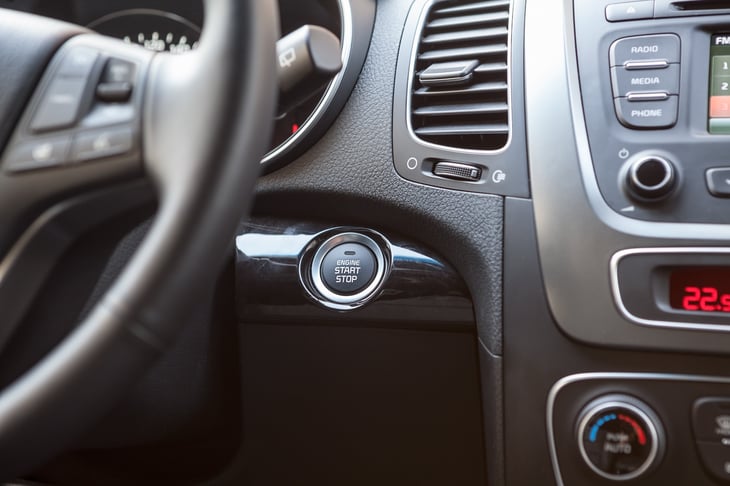
When the weather is cooler, developing ignition issues may lie dormant. But once the weather heats up, metals can expand, leading to problems like occasional electrical failure.
This is one heat-related issue you probably won’t be able to prevent. If you notice ignition issues, have your mechanic take a look.
7. Aggravates the AC

The hotter it gets, the harder your air conditioning must work. Once the temperature hits 95 degrees Fahrenheit, it pushes the AC system to full capacity, according to Christian Brothers Automotive.
To protect the AC, it’s best to run it at a low speed when the weather is extremely hot. Running errands early in the day and in the evening — when temperatures are lower — also can help.
Regular maintenance of the AC system is also crucial to keeping things running smoothly.
Looking for a vehicle that won’t let you down? Check out “The 17 Most Dependable Cars, According to Drivers.”





Add a Comment
Our Policy: We welcome relevant and respectful comments in order to foster healthy and informative discussions. All other comments may be removed. Comments with links are automatically held for moderation.